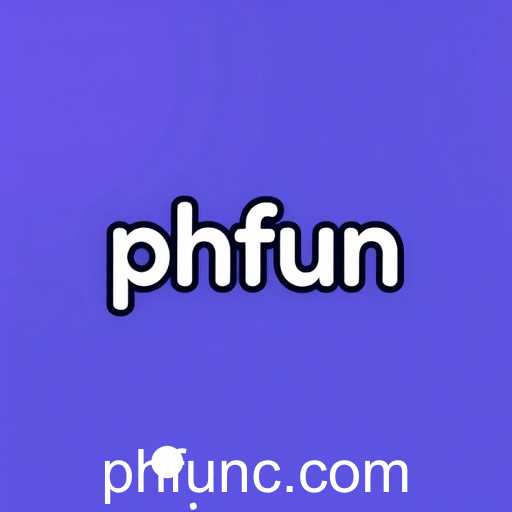In today's digital age, spelling games have carved a significant niche in the realm of educational entertainment. With "phfun" being the operative keyword, these games seamlessly blend learning with fun, making them a popular choice for educators, parents, and learners alike. The allure of spelling games lies in their ability to make the acquisition of language skills an enjoyable adventure rather than a mundane task. Featuring a variety of formats—from crossword puzzles and anagrams to interactive spelling bees—these games cater to diverse learning styles and preferences.
"Phfun" encapsulates the core approach of these games: phonetics combined with fun. This approach not only makes learning engaging but also aids in better retention of spelling and vocabulary. Players are encouraged to experiment with language, breaking down words into phonetic components, and reconstructing them in countless ways. Such activities not only enhance spelling capabilities but also boost cognitive skills like pattern recognition and problem-solving.
One of the great advantages of spelling games is their accessibility. Available across numerous platforms—online websites, mobile applications, and educational software—these games are readily accessible to anyone with an internet connection. This accessibility ensures that individuals can engage in productive learning sessions anywhere and at any time, paving the way for consistent practice and improvement.
Moreover, spelling games often incorporate progress tracking features, allowing players to monitor their advancement and identify areas for improvement. This self-assessment capability fosters a sense of achievement and motivates players to set and achieve higher goals. The inclusion of leaderboards and competitive elements also adds an enticing dimension, encouraging players to compete with peers globally and strive for language mastery.
In educational settings, teachers leverage these games to complement traditional teaching methods. Spelling games serve as valuable tools during lessons, offering a refreshing break from conventional learning approaches while reinforcing language skills in an interactive manner. For parents, these games offer a productive way for children to utilize their screen time, ensuring that it contributes positively to their development.
Spelling games, driven by the "phfun" philosophy, are a testament to the potential of gamification in education. They bridge the gap between learning and entertainment, creating an environment where players are eager to learn. As technology continues to advance, the future promises even more innovative and immersive spelling games, further revolutionizing the ways in which we learn and interact with language.








